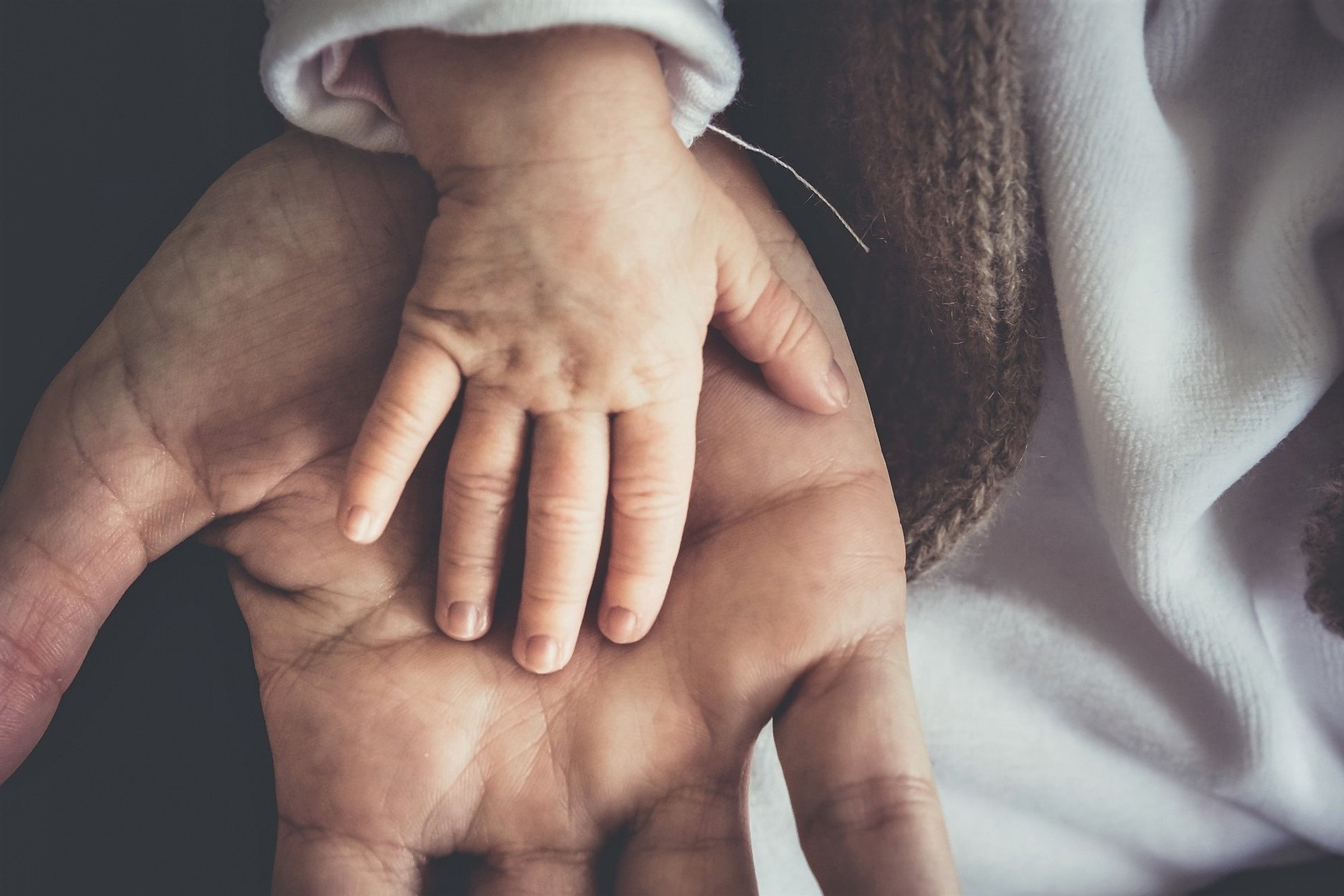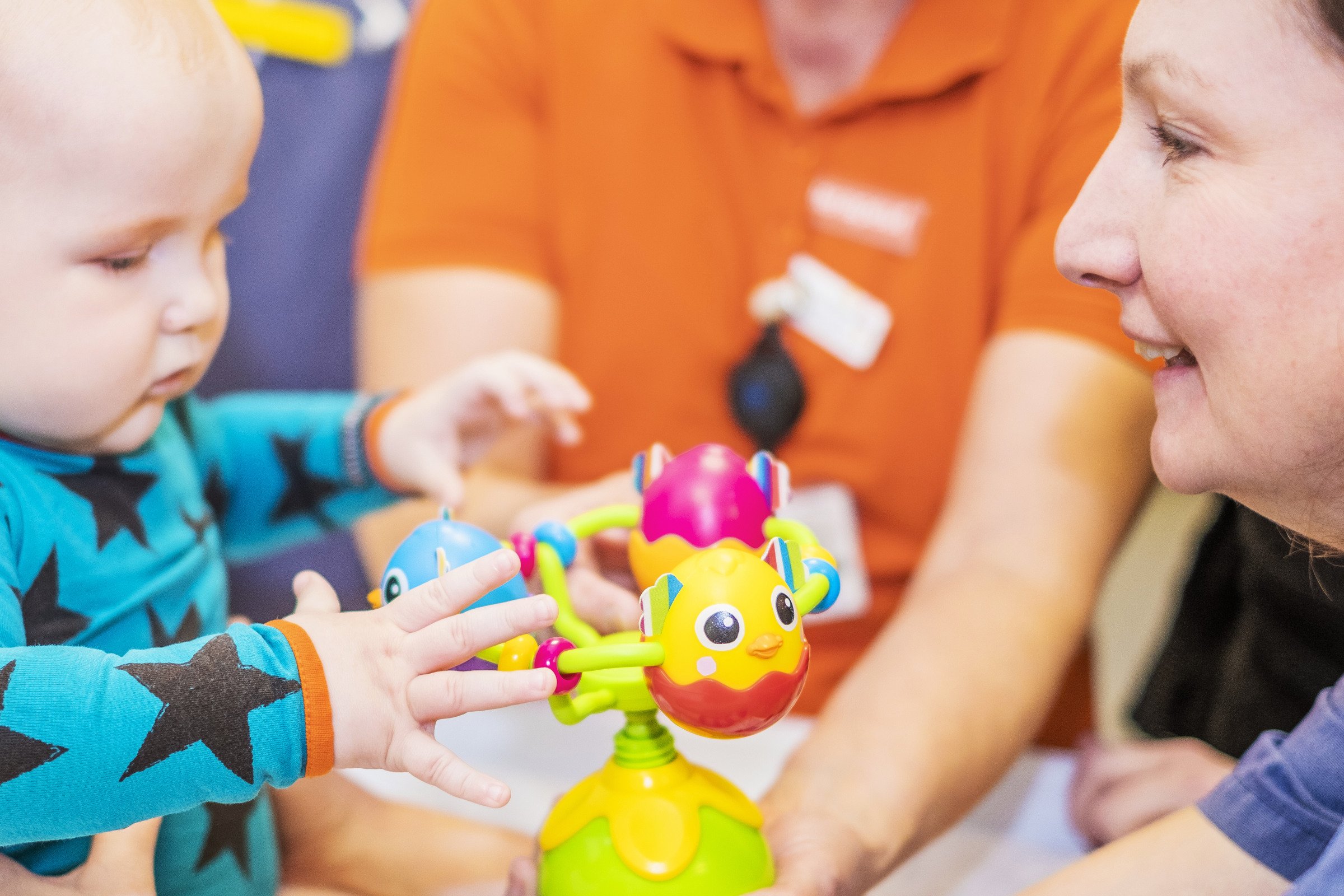Bladder Exstrophy
Children with bladder exstrophy and epispadias are managed by a multidisciplinary team offering excellent care.
Pediatric Surgery
Our aim is to provide high-quality management, in collaboration with multiple specialties, of the most complex cases from the prenatal period to the transition to adult care. Pediatric Surgery
Request medical treatment
More information on who can request a medical second opinion or treatment at Karolinska.
Continue

Center
Aiming to improve knowledge, competence, and care for all patients with rare diseases
The Astrid Lindgren Children’s Hospital is a part of Karolinska University Hospital, with facilities in several locations in Stockholm.
